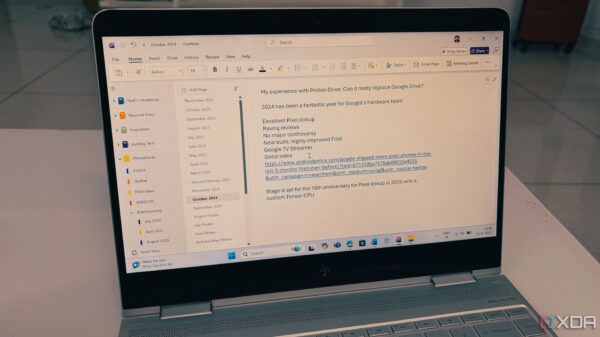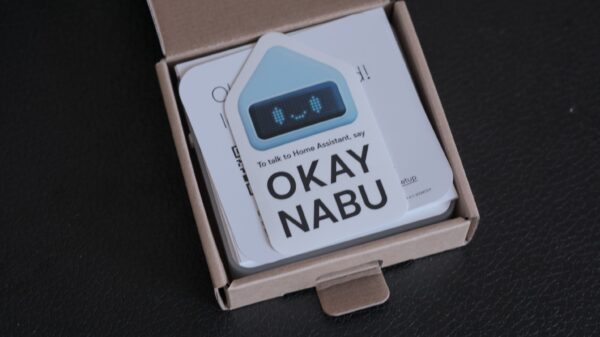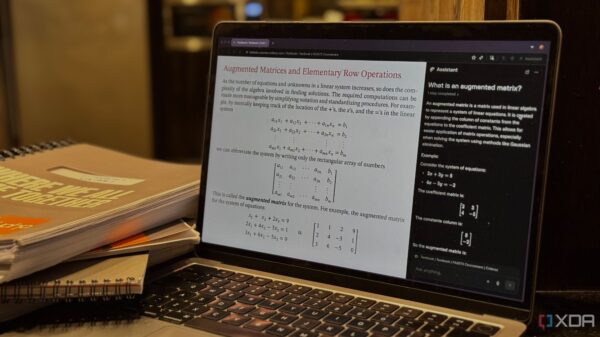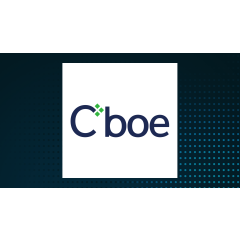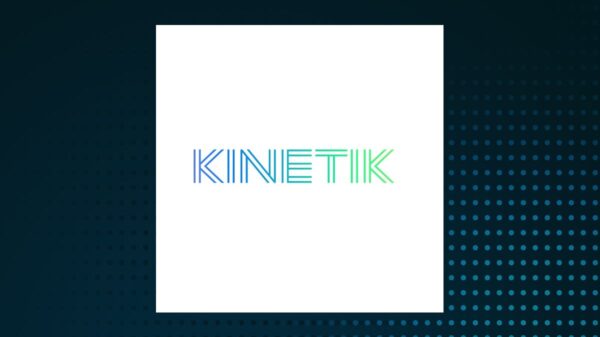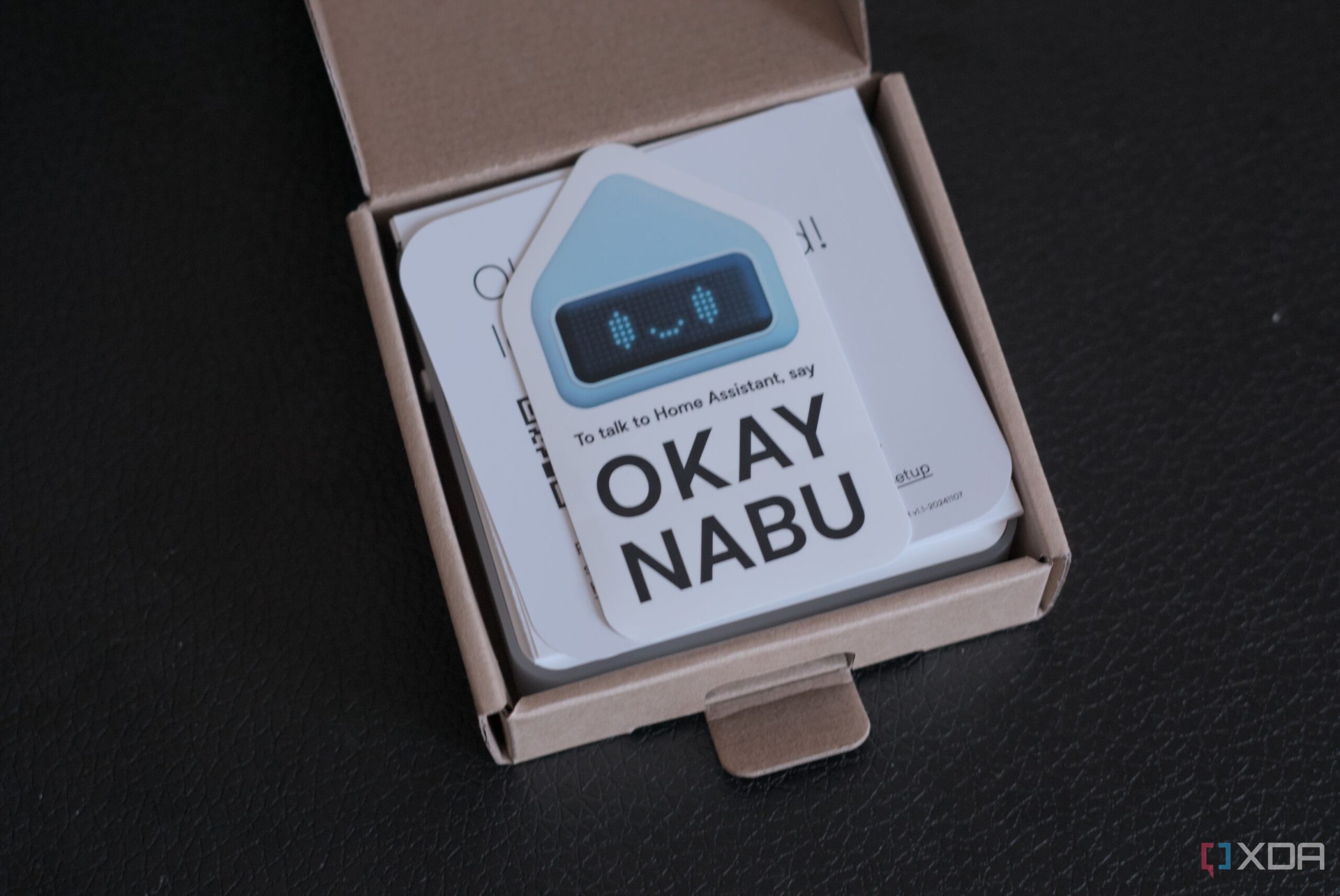BREAKING: A local large language model (LLM) is revolutionizing home automation, proving to be smarter than traditional cloud-based assistants like Alexa. Users can now enjoy enhanced privacy and functionality with an LLM connected to their Home Assistant, offering a seamless experience without reliance on the Internet.
JUST ANNOUNCED: Home automation enthusiasts are ditching Alexa for a smarter, locally-hosted alternative. By integrating a large language model into their setups, users can execute complex automations with simple voice commands, making interactions more intuitive and efficient.
This shift in technology is significant for anyone currently using cloud-based assistants, which have often been criticized for their limitations. The traditional smart assistants, such as Siri and Google Assistant, struggle with advanced tasks due to their reliance on predefined templates and cloud connectivity. In contrast, a local LLM allows for greater flexibility and customization, directly addressing user needs.
The integration of LLMs into home automation systems is not just a trend; it’s a game-changer. Home Assistant users can automate tasks using custom commands. For instance, simply saying, “Okay, Nabu. Good night,” turns off all lights and smart devices, showcasing how LLMs can streamline daily routines while maintaining user privacy.
Key features include:
– **Local Operation**: Unlike Alexa, which requires Internet access, the LLM operates entirely within the local network, preserving privacy and reducing data exposure.
– **Enhanced Capabilities**: Users can deploy models like Qwen and control devices using voice commands integrated with systems like Whisper for speech-to-text and Piper for text-to-speech functionalities.
– **Customizable Automations**: The integration supports various protocols such as Zigbee, enabling users to create unique automations tailored to their preferences.
As of now, enthusiasts can set up their own AI models at home using Ollama and follow detailed guides on platforms like Proxmox. The setup allows for a personalized assistant that learns from user interactions and adapts over time, making each experience unique.
This innovation is particularly important for tech-savvy homeowners seeking to take control of their environments. The demand for privacy and customization in smart home technology continues to grow, making this local approach increasingly relevant.
As users explore these capabilities, the community is buzzing with excitement over the new possibilities. Whether it’s integrating home security features through Frigate or simply enjoying music through Jellyfin, the potential for a fully automated home experience is now more attainable than ever.
WHAT’S NEXT: As this trend picks up momentum, more users are expected to transition away from cloud-based solutions. The possibility of enhanced automations and personalized control in smart homes will likely lead to a surge in interest and new developments in local LLM technology.
Stay tuned for further updates as this story continues to unfold, and consider sharing your experiences with local LLMs in home automation. The future of smart homes is here, and it’s local!



